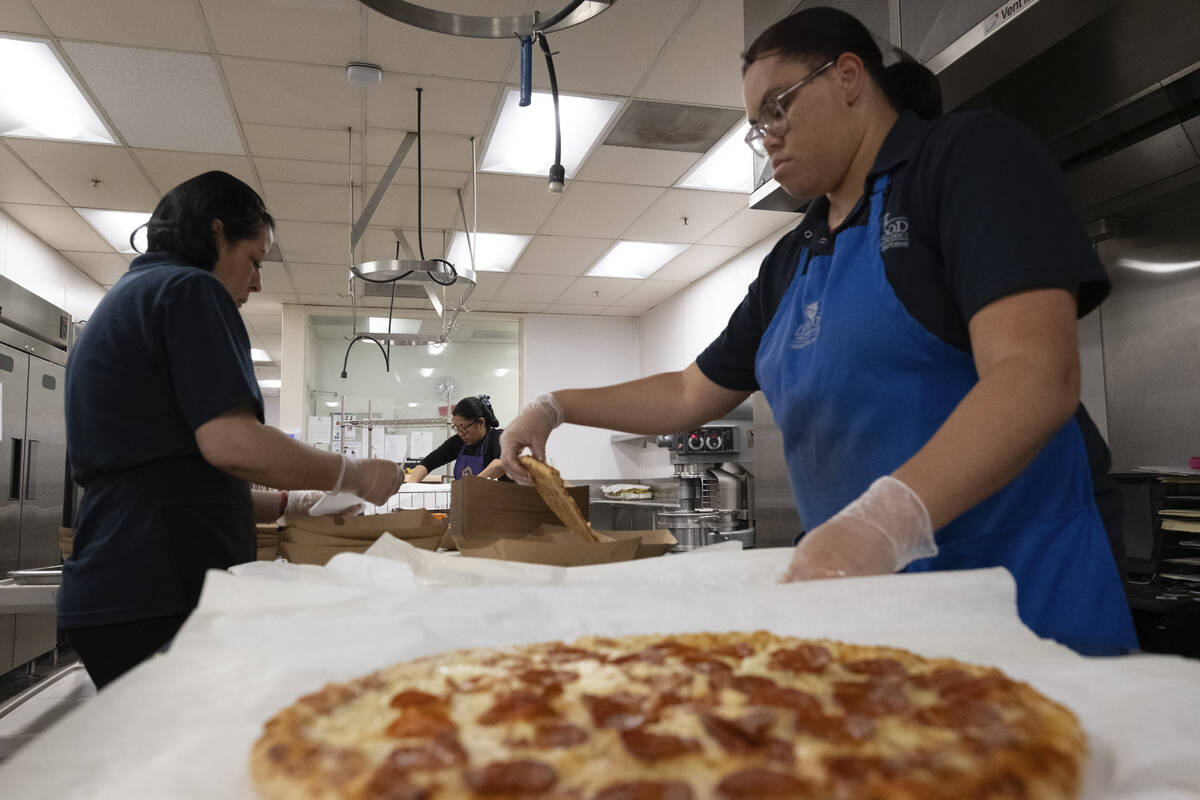EDITORIAL: California restaurant closings show true minimum wage is $0 an hour
President Ronald Reagan once said, “The nine most terrifying words in the English language are ‘I’m from the government and I’m here to help.’” California Gov. Gavin Newsom keeps proving him right.
Last September, Mr. Newsom signed a bill mandating a $20 per hour minimum wage for fast-food workers. The requirement went into effect in April. It also created a fast-food regulatory council, which has the power to raise fast-food workers’ minimum wage each year.
“What’s good for workers is good for business, and as California’s fast food industry continues booming every single month, our workers are finally getting the pay they deserve,” Newsom said in an August statement.
Newsom should quit eating at the French Laundry and go visit some fast-food restaurants.
The legislation contributed to California restaurants cutting around 9,500 jobs between September 2023 and January 2024, according to the Hoover Institution. This was a 1.3 percent reduction. These problems have continued since the law went into effect in April.
The Shake Shack burger chain recently announced that it will shut six California locations, including five in Los Angeles. Shake Shack’s filing with the Securities and Exchange Commission stated that the closing locations “are not projected to provide acceptable returns in the foreseeable future.”
Shake Shack CEO Rob Lynch said last month that he didn’t want the company to appeal to “only the highest-income burger eaters,” but rather be “a Friday night staple for the family.” That’s harder to do when the government artificially raises labor costs.
Rubio’s California Grill shut down 48 of its around 130 locations in May. A spokesperson for Rubio’s told the New York Post that “the closings were brought about by the rising cost of doing business” in California. The company then filed for bankruptcy in June.
Even restaurants that remain open have had to make changes. Many companies, including McDonald’s and In-N-Out Burger, raised prices. Some restaurants have reduced employees’ hours and leaned into automation.
In many cases, the legislation in California is hurting the very people it’s supposed to help. For most people, working in a fast-food restaurant isn’t supposed to be a career, but a starting point. Entry-level jobs provide workers with a chance to improve their skills and demonstrate their ability to do things like show up on time. As the value they provide increases, their pay will increase as well. But this ladder of opportunity isn’t available if the government-mandated minimum wage makes it so companies won’t hire them in the first place.
This consequence may be unintended, but it was predictable.






















